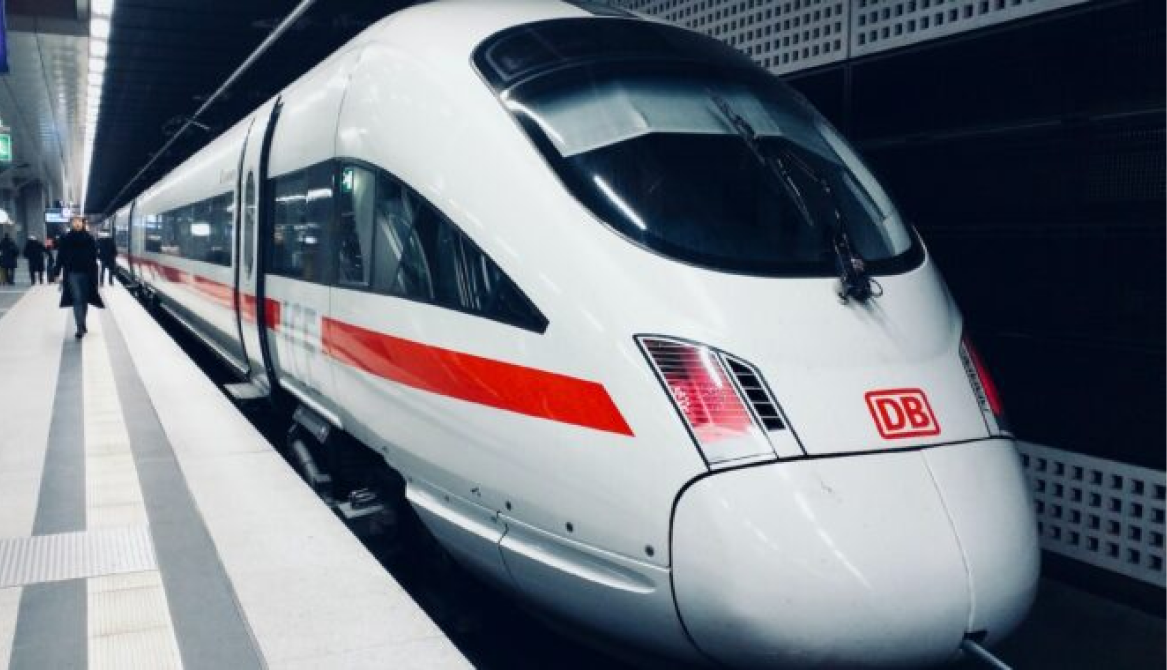Business travel is undergoing a huge transformation, with innovative technologies like AI opening up new ways for businesses to book, plan and experience travel. There’s also been a significant upheaval within the sustainability space, with businesses facing increased pressure to meet corporate sustainability targets in line with new legal requirements. This presents travel and procurement managers with a unique opportunity to integrate new technologies into their travel programs, creating tangible value for their businesses and helping to fast-track progress towards sustainability goals.
The new KPIs of business travel
Business travel isn’t just about enjoying perks at the company’s expense. For business leaders with an eye on the bottom line, it’s about meeting KPIs and generating value for the business. Yes, there is value to meeting face to face, but there’s more emphasis than ever on strategy, purpose and outcome, with seven in ten saying that their company strategically evaluates the return on travel based on revenue generation, cost, emissions and health risks.
Travel behaviors have also changed, with trips often lasting longer and with more packed into them. Last year, Marriott International, which boasts over 8,800 properties in 139 countries worldwide, reported that the length of the average business trip in the US had increased by 20 per cent compared to 2019, indicating that businesses are seeking more return on investment by reducing frequency but increasing length of stay. This change can reduce emissions, which often add up from frequent, same-destination business trips.
To deliver on sustainability KPIs, businesses such as Microsoft, HSBC and Siemens have begun attaching “carbon budgets” or “carbon fees” to business travel, placing a cap on annual emissions from travel. This has the benefit of curbing emissions, but also helps reduce costs, because travelers are forced to evaluate the need for business travel in the first place.
Until now, applying carbon fees to business travel has been suboptimal, with travel managers battling with manual processes and incomplete, fragmented datasets. However with Goodwings’ carbon budget function, travel managers can assign set carbon budgets to their teams, and track progress over time, giving them the data they need to report to finance and sustainability teams.
How can we move from legacy TMCs to future-proof systems?
Even though technology has remained a top priority for travel managers, the traditional Travel Management Companies (TMCs) have continued to operate on outdated legacy systems, often providing fragmented, difficult to manage booking processes that don’t fulfill employee or travel manager needs. This digital-lag has become increasingly at odds with travel managers, and in particular travelers, who expect their digital tools and apps to be as seamless and efficient as the ones they use in their personal lives.
Over the past few years, AI has accelerated what’s possible within travel management, leading the way for companies like Spotnana and Goodwings to create a swiss army knife of tools to help travel managers assess key data points, generate detailed cost analyses, control policy compliance and create itemized emissions reports. With a fully modernized travel infrastructure, and sought-after services like comprehensive global travel content, easy in-app self-service features, automated approval flows, AI-powered emission reporting dashboards and smart policies, travel managers and travelers alike can benefit from more streamlined processes and more flexible travel experiences.
How can tech help us balance flexibility and control?
Employees’ expectations from business travel have changed, with trends such as blended travel (or “bleisure”) seeing significant increases. This presents challenges for travel managers still using legacy TMCs, because these tools often lack the flexibility for employees to plan, book and amend their own travel arrangements. But when smart technology is deployed, travelers get the freedom to manage their own travel, while still allowing travel managers to maintain tight control over travel spending, emissions totals and policy compliance rates.
Goodwings and Spotnana’s automated policy controls ensure that employees have the appropriate guardrails to book within set emissions or budgetary limits, but can select the options that suit their preferences. Furthermore, providing an intuitive app where travelers can book and change their travel plans results in shorter approval flows and problem resolution.

How can tech tools support climate targets?
The new Corporate Sustainability Reporting Directive (CSRD) has created a sense of urgency for businesses to meet and report on mandatory reduction targets. Until now businesses have been restricted by the lack of tools to do this, coupled with inaccurate data. According to a GBTA report published in collaboration with Spotnana, half of travel managers expected sustainability to represent a higher priority for their program in 2023 but cited a lack of reliable data for them to take action.
Furthermore more than half of travel programs have not had the technology or support to track emissions from hotel stays (66%) or car rentals (59%), leaving significant gaps in final emissions data reports. New travel booking tools like Goodwings, supported by AI, promise short and long-term sustainability wins because they provide door-to-door emissions tracking, low-emissions transport options, and real-time emissions data. This provides not only short-term gains in terms of cost and efficiency, but also helps businesses strategize to ensure their travel program meets long-term sustainability objectives.
How can modern TMC's help you manage budgets in a volatile market?
Rising fuel costs, staff shortages, supply chain challenges and increased demand from both the leisure and corporate sectors have created a perfect storm for the travel industry, calling for comprehensive travel program reviews, and in some cases leading businesses to eliminate non-essential travel. At the end of 2023 PwC introduced restrictions on UK partners traveling business class to help reduce emissions and curb costs, with only people traveling on longhaul overnight flights or for “business-critical” reasons are now able to book business class seats. With the right tools in place and some much needed behavioral nudges during the booking process, it’s possible to keep travel programs alive, while keeping some guardrails in place. For example, placing automatic price caps on seats and classes of travel can create huge savings as PWC has shown. This also applies to smart policies and trip “bundling” which Goodwings has proven can eliminate frequent, repetitive trips, saving on both emissions and costs. What this new technology has proven is that it is possible to empower employees to book their own travel, in a safe and measurable way.
